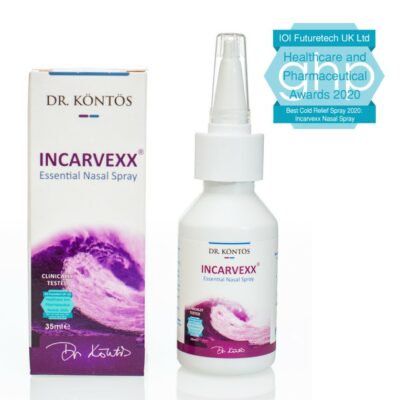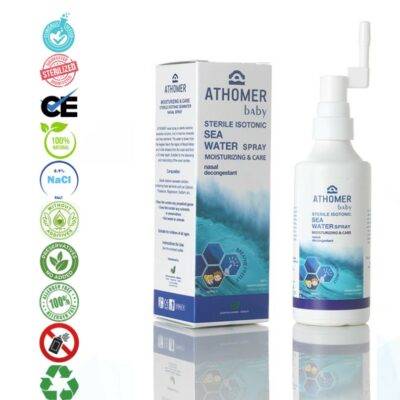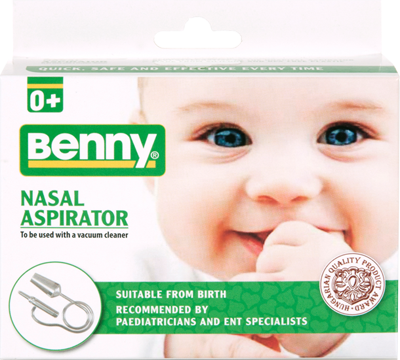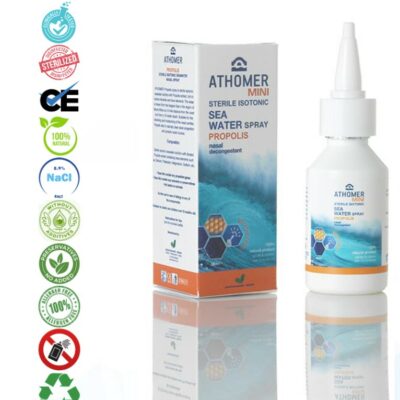What Is Sinusitis?
Sinusitis, or sinus infection, is an infection of the upper respiratory system, usually caused by common cold or flu virus. Very rarely it can be a result of bacterial infection. In sinusitis, the lining of the nose and sinuses is swollen and inflamed, making it difficult to breathe through the nose.

Sinus infection symptoms include:
- a blocked nose
- a green or yellow discharge from the nose
- a headache, mostly felt at the front of the head, and sensitive to head movement
- toothache
- high fever
- a reduced sense of smell
Usually, sinus infections are not treated with antibiotics and go away within 2-3 weeks. However, sinus infection symptoms can be alleviated with some over-the-counter remedies, such as nasal sprays, pain-killers or warm compress applied to the forehead.
Children with sinusitis often have difficulty feeding. Also, one of the common sinus infection symptom in children is irritability, which can be emphasized by hunger or lack of sleep caused by a blocked nose.
Most children are not able to efficiently blow their nose until the age of 6. To clear their nasal passages, put a few drops of a saline solution or nasal spray into each nostril and use a nasal aspirator to suction out the dissolved discharge. This is particularly important for breastfed babies, since they breathe exclusively through their nose while eating.
It is important to consult your doctor if your symptoms are severe, or if they are not getting better after 7-10 days.




